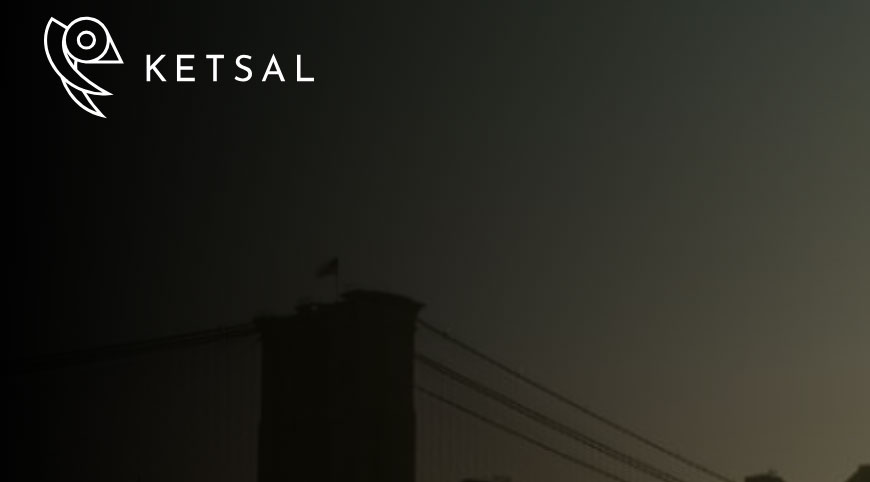Five specialist attorneys have launched strategic advisory firm Ketsal Consulting in conjunction with law firm Blakemore Fallon to guide companies through the fast-moving blockchain and cryptocurrency legal and regulatory landscape.
Founded by a team of attorneys from top law firms and a former senior special counsel at the U.S. Securities and Exchange Commission (SEC), Ketsal Consulting and Blakemore Fallon will provide authoritative advice on building compliance-focused business models at a time when the blockchain industry faces the conflicting direction from international regulatory bodies and shifting legal sentiments.
Ketsal Consulting and Blakemore Fallon bring expertise in domestic and international blockchain regulation with founders that have pushed forward innovative forms of financing, helped institutional investors enter the industry, and helped draft and interpret key regulations important to blockchain clients.
The founding team includes Zachary Fallon, a securities law attorney and former Senior Special Counsel in the SEC’s Division of Corporation Finance; Julian Russo, former big law attorney with a specialization in emerging technology companies, formation, financings, and exits at Silicon Valley-based firms WSGR and Cooley; Josh Garcia, previously an enforcement and regulatory attorney specializing in securities, commodities, lending, consumer protection, and payments for Cooley; Laurie Rosini, former specialist attorney to cryptocurrency exchanges and protocol developers on transactions, smart contracts, and regulatory compliance at Perkins Coie; and James Blakemore, former litigation and enforcement attorney for foreign sovereigns, central banks, state-owned entities, and global financial institutions at top international law firm Cleary Gottlieb Steen & Hamilton.
Zachary Fallon, Ketsal Consulting Co-founder, and Blakemore Fallon Principal said: “In 2017, the SEC reminded market participants that coding and cryptography are not the only hyper-technical operational pieces at play in the blockchain ecosystem. An appreciation for the complex legal and regulatory environments in which blockchains function is equally fundamental to the creation of protocols and digital assets that will prove their utility, instill user confidence, and ultimately succeed on their merits in the market. With 2018 bringing new regulatory guidance on digital asset classifications and continued scrutiny into primary and secondary sales of digital assets, including the platforms that support or facilitate such sales, blockchain companies aiming for global adoption need focused, expert advice to ensure compliance. At Ketsal Consulting, we aim to be an indispensable resource for blockchain companies on crypto, on crowdfunding, and on compliance.”
The team will provide a number of services to assist blockchain-focused companies on the road to compliance. Ketsal Consulting’s services include money transmitter registration and licensing, strategic advice regarding the issuance and distribution of digital assets, legal project management, and registration for broker-dealers, securities exchanges, and alternative trading systems (ATS). In addition, the firm aims to develop the next generation of attorneys and regulators by offering training on the unique pressure points of international blockchain regulation. Blakemore Fallon will provide specialized legal guidance and representation that can complement these services.
Josh Garcia, Ketsal Consulting Co-founder, and Blakemore Fallon Principal said: “The industry needs lawyers it can trust. Many lawyers claim to understand the technology but struggle at the client’s expense. Many technologists attempt to understand the law but fail to explain crucial details to their lawyers. Ketsal Consulting’s curated, global network of professionals helps bridge the gap between law and the most promising financial technology seen in recent memory. Our goal is to help companies, in the face of constantly shifting regulatory expectations, responsibly launch new platforms, product offerings, or protocols. The blockchain networks that not only survive but also thrive, will be the ones built on a strong regulatory backbone.”


















